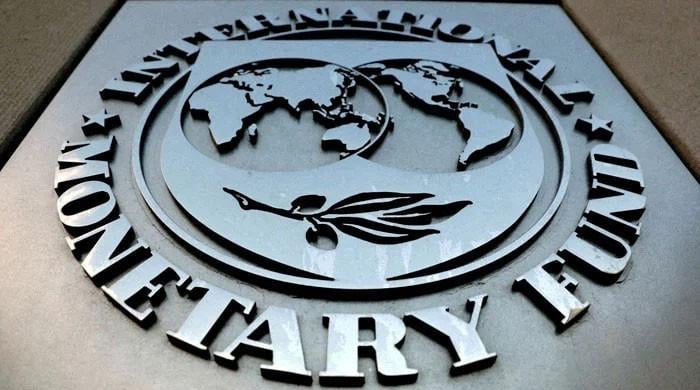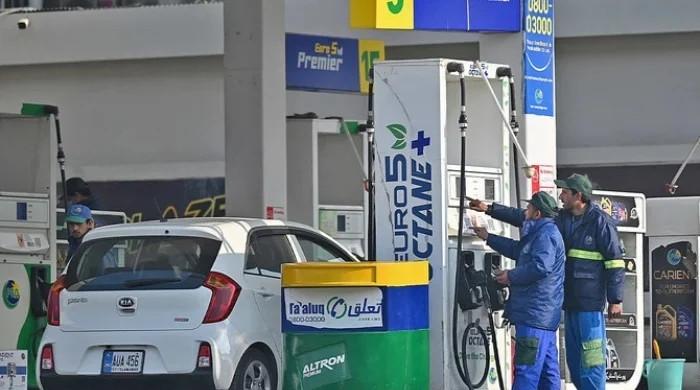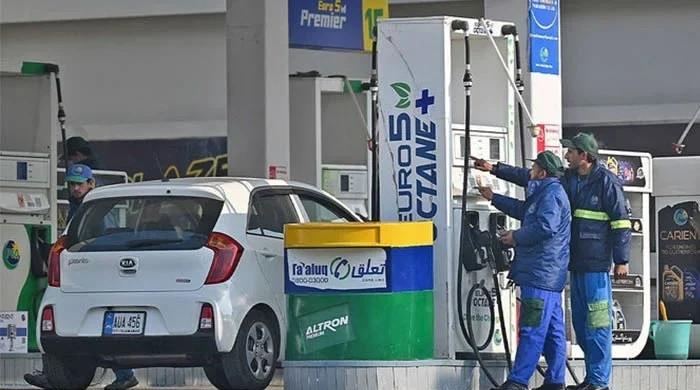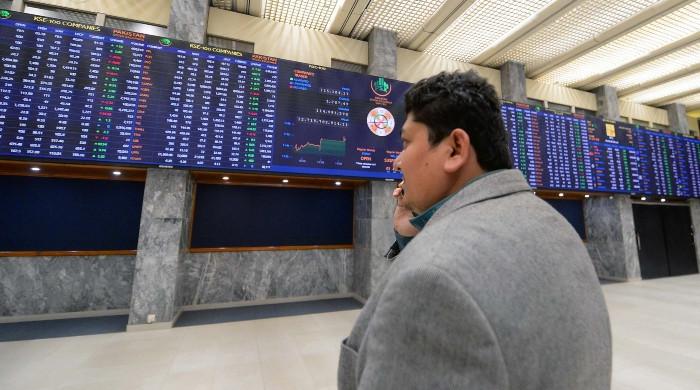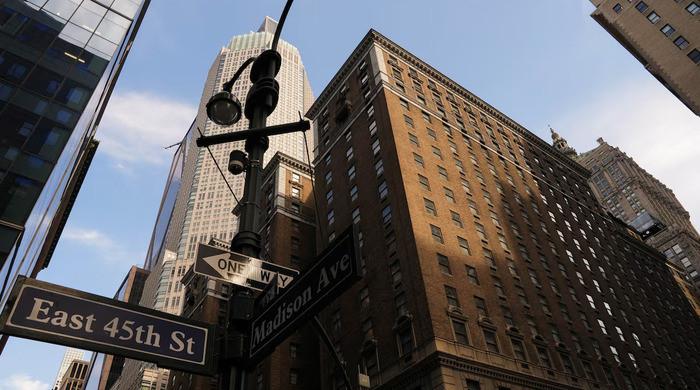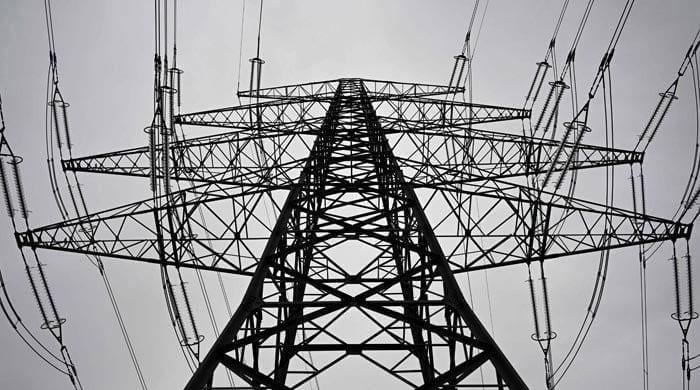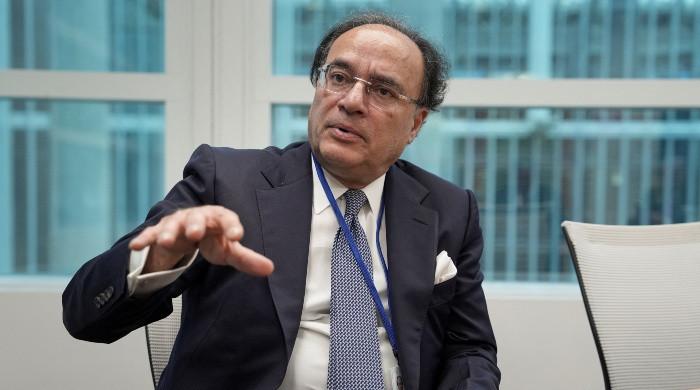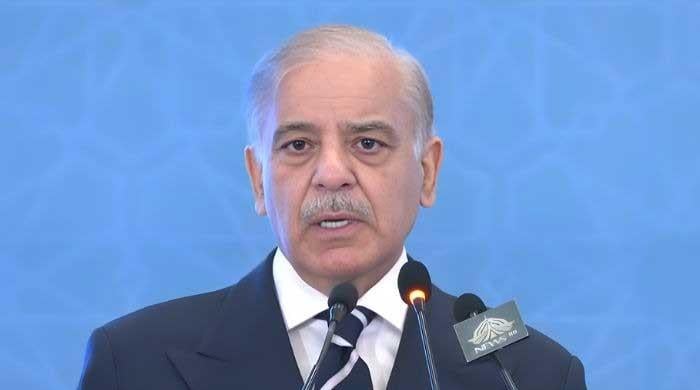Cabinet gives nod to establishing virtual assets regulatory authority
PVARA will function as an independent regulator for crypto, blockchain and virtual assets
July 08, 2025

- PVARA to licence and supervise virtual asset providers.
- Watchdog to ensure FATF and IMF compliance.
- Pakistan aims to become digital assets hub in region.
ISLAMABAD: The federal cabinet has given formal approval for the establishment of the Pakistan Virtual Assets Regulatory Authority (PVARA), paving the way for a comprehensive legal and regulatory framework to govern the country’s digital asset landscape, The News reported.
According to an official statement issued late Monday, the new body will function as an independent regulator responsible for licencing, monitoring, and supervising virtual asset service providers (VASPs), in full compliance with Financial Action Task Force (FATF) standards and global best practices.
The development follows the formation of the Pakistan Crypto Council (PCC) on 14th March 2025, which signalled the beginning of a new era in Pakistan’s digital finance journey.
Since its inception, the PCC, under the leadership of the Chairman, Finance Minister of Pakistan, Muhammad Aurangzeb and CEO Bilal Bin Saqib, Special Assistant to the Prime Minister on Blockchain and Crypto with the status of Minister of State, has led a nationwide push to regulate and enable blockchain technology, digital currencies, and tokenised assets in a responsible and innovation-friendly manner.
The PCC also welcomed international blockchain leaders and experts, including former Binance CEO Changpeng Zhao (CZ), as strategic advisers to help shape Pakistan’s regulatory outlook.
The Council consists of key institutional stakeholders, including the Chairman of the Securities and Exchange Commission of Pakistan (SECP), the Governor of the State Bank of Pakistan, the Federal Secretary of Law, and the Federal Secretary of Information Technology, ensuring a whole-of-government approach to digital asset regulation.
This was followed by the government’s announcement on May 28, 2025 at the Bitcoin 2025 Conference in Las Vegas, where Bilal Bin Saqib revealed the formation of Pakistan’s first Strategic Bitcoin Reserve, a sovereign reserve intended to hold Bitcoin for long-term national benefit and macroeconomic resilience.
Further advancing this momentum, the government announced the allocation of 2,000 megawatts of surplus electricity for Bitcoin mining and artificial intelligence (AI) data centers, leveraging Pakistan’s untapped energy potential to power the future of digital finance and computation.
Strategic partnerships are underway to ensure that energy-intensive blockchain infrastructure is both sustainable and revenue-generating.
The cabinet’s approval of PVARA is a critical inflection point in this journey. Once legislated, the authority will be responsible for issuing licences, supervising VASPs, setting technical standards, and coordinating compliance with FATF, IMF, and World Bank guidelines.
It will also oversee public protection mechanisms, anti-money laundering protocols, and cyber risk mitigation across all virtual asset transactions within the country.
This coordinated approach, combining sovereign asset reserves, surplus energy deployment, and robust regulation, reflects Pakistan’s ambition to become a digital assets hub in South Asia.
By building trust, attracting foreign investment, and fostering innovation in the blockchain sector, Pakistan is setting the foundations for a secure, inclusive, and future-proof digital economy.
Pakistan is emerging as one of the most promising frontier markets for digital assets, with over 40 million crypto users and an estimated annual trading volume of $300 billion occurring through informal channels, according to industry sources.
Despite previous regulatory ambiguity, Pakistani youth have been early adopters of blockchain technologies, with over 70% of the population under the age of 30.
This demographic, coupled with Pakistan’s 240 million-strong population and rapidly expanding digital infrastructure, presents a unique opportunity to formalise and grow a robust crypto economy.




